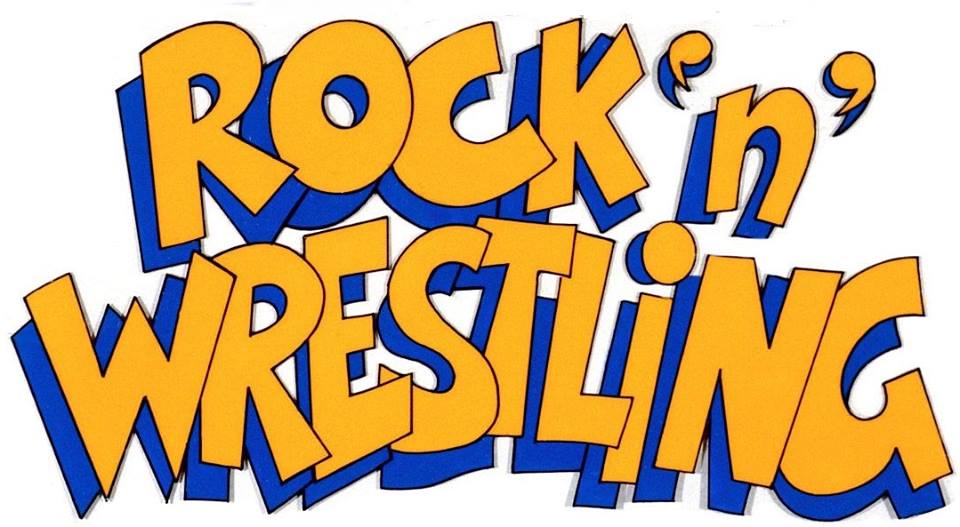S.S. Decontrol's The Kids Will Have Their Say 12-inch is arguably the most important American hardcore record of the early '80s to never see a legitimate reissue...well, until now. Why it has remained out of print for the past 40-plus years is mostly due to guitarist & main cog Al Barile's well-founded distrust of the often-flaky punk rock business model as it pertains to being properly compensated for one's efforts. We often fly by the seats of our pants in our attempts to spread the punk rock gospel, not always keeping in mind how much our physical media actually costs despite wanting to keep prices as low as humanly possible. This idea of simply "breaking even" is a nice one, but how often does that really work out for our creative endeavors & how long can it be sustained until the business model collapses? Furthermore, what of the lives of the creators who certainly are putting in more of themselves economically than they would ever likely to see returned? Putting on killer shows & releasing great records is awesome, but so is being able to sustain Real Life after the show has ended. Our standards of living may vary, but it is depressing to see people who are considered founders, innovators & veterans of our subculture living marginal lives & passing away with nothing to show for a lifetime of contributions that bettered the lives of others.
I have to remind myself of these harsh realities when I think about how much punk rock forms of entertainment cost now & how those changes affect everyone involved on either side of the stage. That is why I ultimately accepted the fact that this reissue LP would cost nearly $30 even at a place like Thrillhouse Records where I got the last yellow vinyl copy just a couple of days ago. I thought about how Al Barile has his own health concerns like I do for myself & decided that it was worth every dollar to own the legit vinyl reissue of one of the most fierce-sounding straight edge hardcore records to ever exist. However, I do still wish that Trust Records had also issued a simple, no-frills black vinyl copy that could be most common to find for those of us who would simply be happy to own one. My bootleg copy of The Kids Will Have Their Say that I bought from Felix Havoc at a Burnt Ramen show 15 years ago is black as the night & plays perfectly fine. Unfortunately, buying bootlegs only puts money in the pocket of the bootlegger & not the rightful owners of the music. Still, I think about the line "How much art can you take?" & transpose it in regards to how many different colored vinyl pressings exist of this reissue—how many variants can you take?
Hearing SS Decontrol's The Kids Will Have Their Say for the very first time via an internet download in my early 20s was quite mindblowing & also refreshing. My general tolerance for what passed for sXe hardcore in the ensuing decades after bands like SSD, Minor Threat & the like was quite low & still is, but listening to The Kids Will Have Their Say put the movement back into its proper perspective. SSD sounded much angrier & more fierce than Minor Threat did, smashing their way through each song with a strangely militaristic bent that was intimidating. They were also unmistakably a hardcore punk band—not the youth crew or mosh metal abominations that plagued the sXe movement to where it bore little to no resemblance to its punk rock roots. Al Barile's guitar sound put SSD & Boston hardcore on the map, practically writing the blueprint with stun riffs that were loud & rudimentary while also betraying the slightest arena rock influence from the likes of an AC/DC or local boys Aerosmith. I was not in the least bit surprised that so many people loved SSD & that The Kids Will Have Their Say was such a sought-after record.
I don't know that I would go so far as to say that listening to this legitimate reissue is like hearing it for the very first time all over again, but it certainly beats bootlegs & MP3 downloads. Early '80s hardcore punk is not a particularly complicated genre of music where one can hear the subtle nuances & dynamics that are usually victims of digital compression, but this may also be the very first time that I really noticed Springa's heavy Boston accent as it is fully displayed on "How Much Art." Al Barile's guitar still sounds tough & hard as nails while maybe lacking some of the original LP's crisp, explosive quality. That's not exactly a complaint, mind you. Whatever remastering process The Kids Will Have Their Say has gone through after unearthing the original reels rusting away in the basement has been to its benefit. Long awaited & most certainly a welcome addition to this record collection & yours. Hopefully Al Barile & Trust Records choose to keep it in print on a steady basis with vinyl & CDs in stores right alongside those of Minor Threat, Negative Approach, Black Flag & the Dead Kennedys. Frankly, the idea of SSD maintaining their legacy, sharing their history & enjoying the income generated from doing so should've happened much sooner than now.
Click here for the S.S.D. page on the Trust Records Company site.





